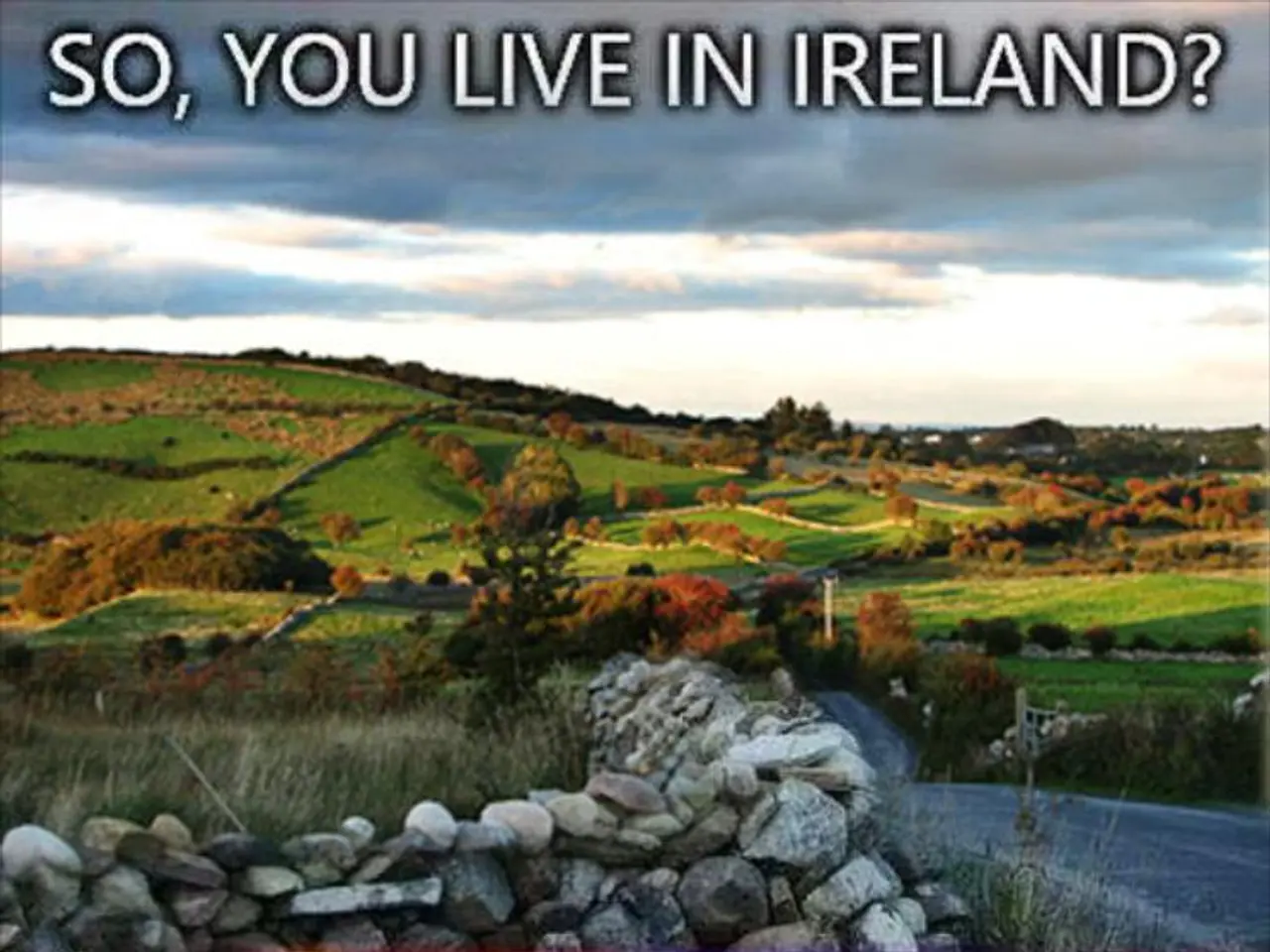Multiple large-scale forest fires erupt in Spain
Spain Battles Record-Breaking Wildfires: A Comprehensive Response
Spain is currently grappling with a series of severe wildfires that have been raging across the country, particularly in the northwest regions. The government, military, and European Union countries have joined forces to combat this crisis, as thousands of people have been evacuated from their homes [1].
In an effort to control the fires, nearly 4,000 soldiers have been deployed nationwide, along with firefighters and aerial units. The Military Emergency Unit (UME) has been actively involved, with around 315 personnel stationed in specific regions such as Extremadura [2]. This coordinated effort has been aimed at containing more than 40 active wildfires across multiple regions, including Castile and León, Galicia, and Extremadura [2][1].
The worst fires have been recorded in the sparsely populated northwest of the country, with the largest wildfire ever recorded in Spain still out of control in the Zamora region. This fire has already destroyed about 38,000 hectares [1]. In the affected regions, videos show people trying to protect their homes from the flames using garden hoses [5].
Politically, the situation has increased scrutiny on the government's preparedness and response. Spanish Prime Minister Pedro Sánchez has traveled to affected areas, such as Cáceres, to assess and address the crisis on the ground [2]. Meanwhile, the environmental prosecutor has ordered investigations into whether municipalities affected by the fires had complied with legal obligations to draft fire prevention plans, indicating political pressure for accountability and better preparedness [3].
The government has emphasized the role of climate change and rural exodus (aging population, reduced farming) as underlying factors worsening fire risks, highlighting structural challenges beyond immediate firefighting [1]. Experts in Spanish media warn that these factors, along with the consequences of climate change, are contributing to the extreme intensity of the fires [4].
The opposition and various political groups have pressed for better preventive measures and questioned the adequacy of official strategies for forest management and fire prevention. This has sparked debate over how to mitigate future wildfire seasons amid climate change risks [3][1].
In summary, the response to these record-breaking wildfires in Spain involves a comprehensive, multi-layered approach. This includes emergency deployment, high-level political engagement, and calls for systemic preventive measures to address the underlying causes and mitigate future risks.
- As Spain grapples with record-breaking wildfires, the role of climate change and environmental science in exacerbating these fires has come under scrutiny, with experts discussing the consequences of climate change and rural exodus on fire risks.
- Amid political pressure for accountability and better preparedness, the environmental prosecutor has ordered investigations into whether affected municipalities adhered to legal obligations regarding fire prevention plans.
- In the midst of this crisis, the general news and crime-and-justice sectors are also focusing on the political dimensions of Spain's response to wildfires, with opposition and political groups advocating for preventive measures and discussing the adequacy of current strategies for forest management and fire prevention.








